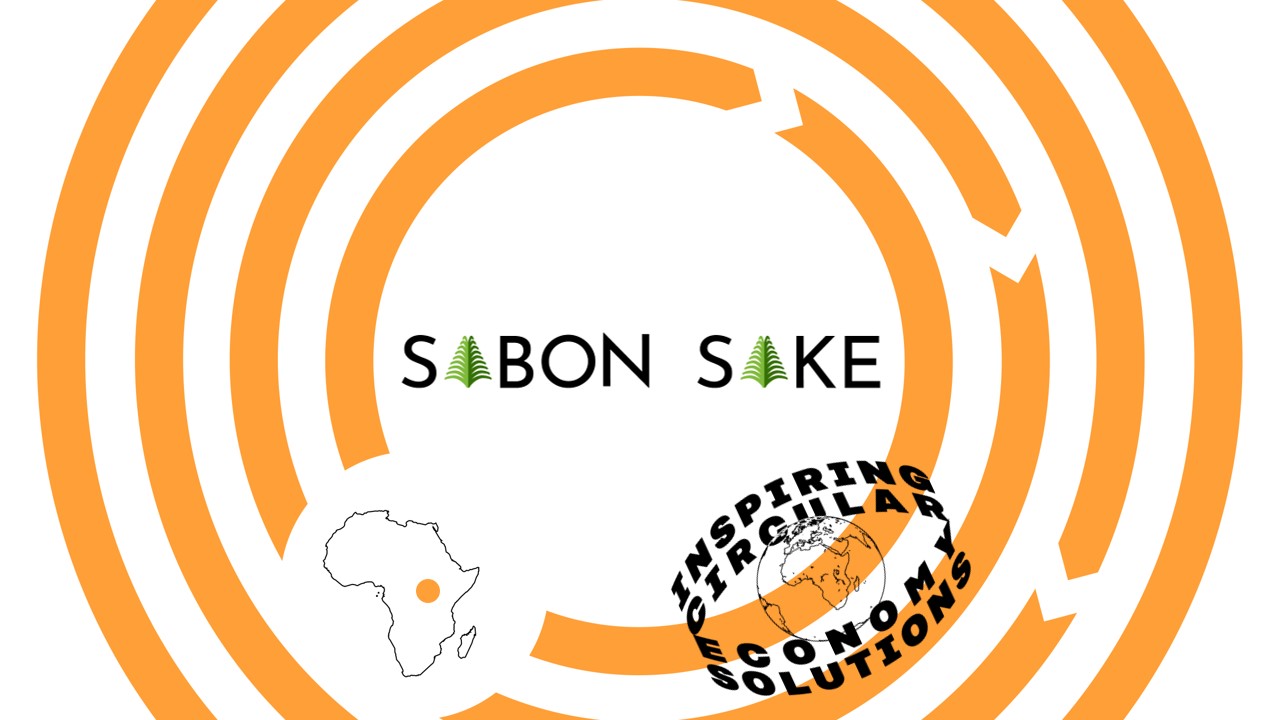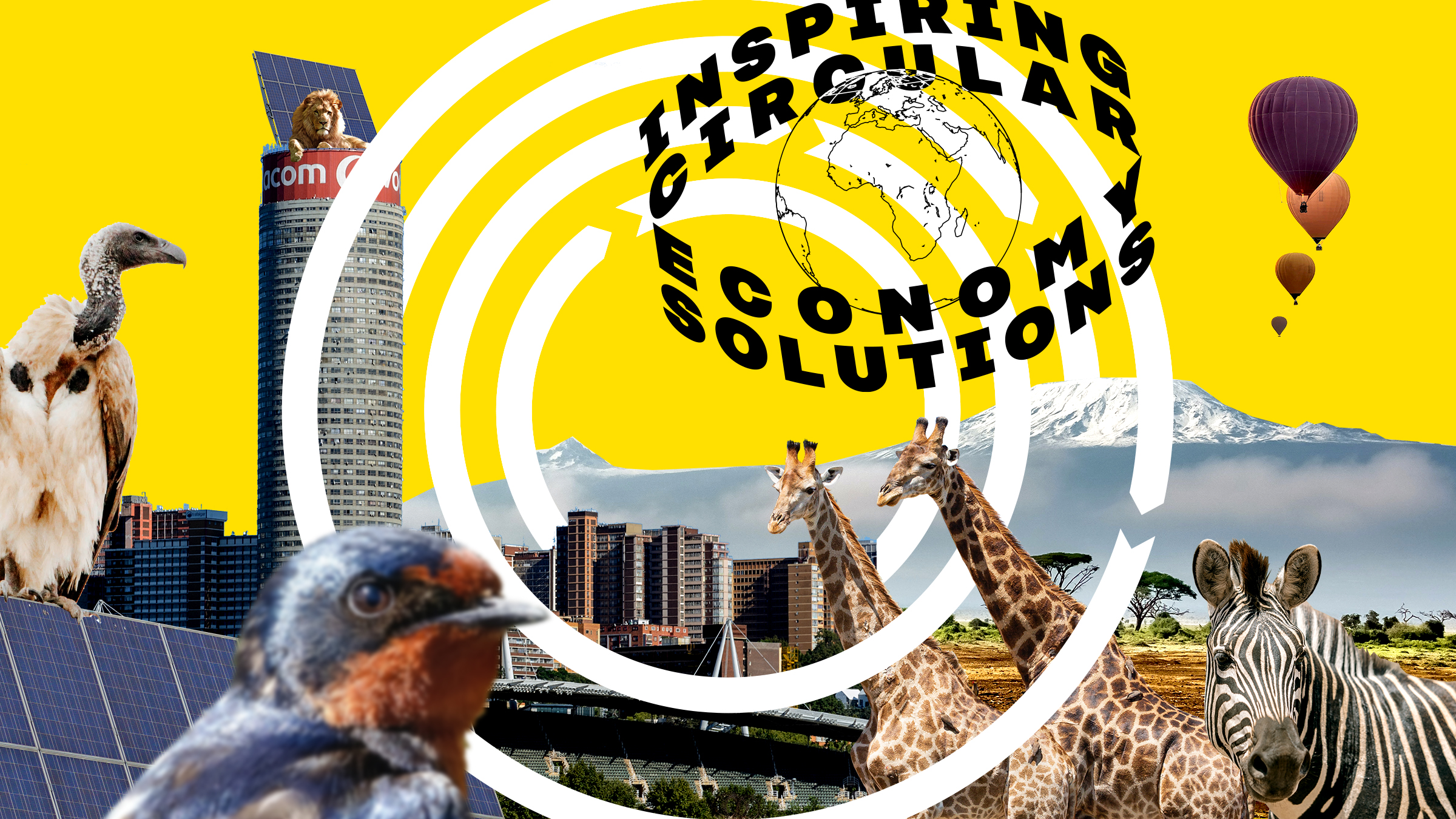The soil of West Africa has supported farmers for thousands of years. Modern intensive farming methods can be hard on soil, causing erosion of topsoil or loss of organic material and nutrients. The result is degraded soil which has diminished capacity to grow crops.
Sabon Sake has developed regenerative soil solutions to help small farmers in rural Ghana.
Problem
Farmland degradation is a problem throughout much of the world, but the situation is more serious in parts of Africa where many people are dependent upon forest and agricultural products. In Ghana, about 35 per cent of the land is under threat of desertification. This is caused by a variety of factors, such as mining, urbanisation, charcoal production, overfarming and overgrazing.
To maintain their yields, many farmers turn to expensive chemical fertilisers, but these don’t solve the underlying problem of soil degradation. Collapsing crop yields could put rural economies at risk and leave people facing malnutrition or even starvation.
Solution
Sabon Sake sees a holistic approach to the agriculture food chain as the way to regenerate the land. The result includes two main products – organic fertiliser and biochar – which are created from agricultural waste such as sugarcane and rice production side streams. In agriculture, side streams include parts of the plant which aren’t eaten, such as leaves, roots or stalks, depending upon the crop.
Business potential
The company became fully operational in 2022 and already works with 200-300 small hold farmers. Additionally, environmental institutions and companies’ corporate social responsibility departments buy land restoration services from Sabon Sake. There are not many companies selling organic fertilisers in their market, so competition is light. This provides an opportunity to close the gap between high demand and low supply.
Government agencies in Ghana have realised the threat of soil degradation and actively promote regenerative soil practices, which has helped farmers realise the importance of Sabon Sake’s solutions.
Social and environmental impact
Sabon Sake reduces the need of chemical fertilisers while using the side streams of agricultural production. Some of their products can be carbon negative. Biochar is the black residue of carbon and ashes from biomass. It can not only increase agricultural productivity, it can also sequester carbon into the soil.
The company believes their biggest impact is not just the regenerative benefits of their products, but the behavioural changes within the communities they work in. Farmers understand the importance of reusing agricultural side streams and soil restoration to protect the long-term fertility of the soil.
Some farmers act as distributors of Sabon Sake products within their communities, helping improve their incomes. Also, primarily women collect and process the agricultural waste, helping their finances and making them advocates for sustainable farming practices.
Future
Sabon Sake works closely with researchers, government agencies and rural community elders across Ghana. They have had some communications challenges – Ghanaians speak about 80 languages – but they have found local interpreters to help. To transform agricultural waste into biochar and fertiliser requires capital-intensive machinery, but the company is currently considering equity and grant investments.
Want to learn more about circular economy solutions in Africa? This year’s World Circular Economy Forum will take place in Rwanda on 6–8 December. Check out the programme and register for online participation.


Inspired?
Check out all solutions.